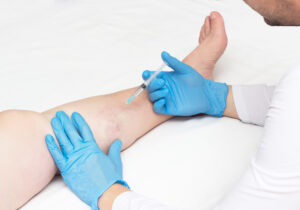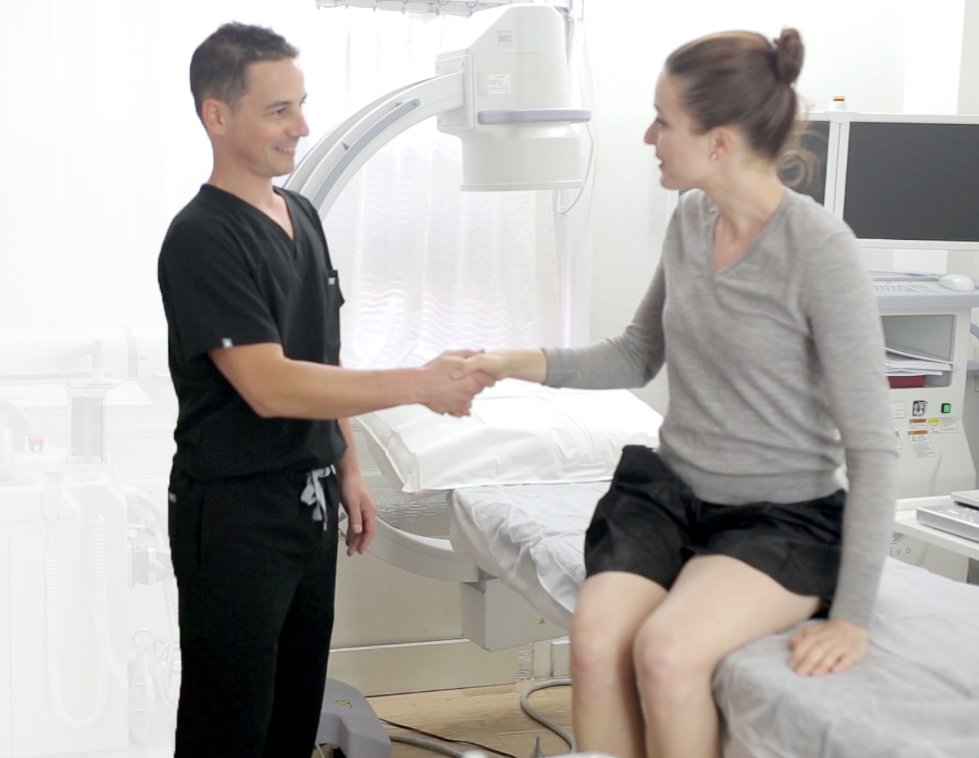What is a Vein Specialist Called, and How Can a Vein Treatment Center Help?
Vein health plays a crucial role in maintaining overall well-being, yet it is often overlooked. For individuals experiencing symptoms like varicose veins, spider veins, or chronic leg pain, seeking professional assistance can lead to significant relief and improved quality of life. But who exactly addresses these concerns? What is a vein specialist called? How can a vein treatment center make a difference? Let’s explore these questions in detail.
What is a Vein Specialist Called?
A vein specialist is commonly referred to as a phlebologist. Phlebologists are medical doctors specializing in diagnosing and treating disorders of the veins. Their expertise lies in addressing issues such as varicose veins, spider veins, venous insufficiency, and other vein-related conditions. They often work alongside vascular surgeons and interventional radiologists for advanced treatments when necessary.
Phlebologists undergo specialized training beyond general medicine to understand the intricacies of the venous system. Their primary focus is minimally invasive and non-surgical approaches to vein treatment. By consulting a phlebologist, patients receive expert guidance tailored to their specific conditions.

Advantages of Visiting a Vein Treatment Center
1. Comprehensive Diagnosis and Treatment Plans
One of the key benefits of visiting a vein treatment center is the comprehensive care it offers. These centers are equipped with advanced diagnostic tools, such as ultrasound and venography, which help specialists pinpoint the exact cause of vein problems. Based on the diagnosis, tailored treatment plans are created, ensuring optimal outcomes.
Common treatments provided at a vein treatment center include:
- Sclerotherapy: A minimally invasive procedure that involves injecting a solution into the affected vein, causing it to collapse and fade.
- Endovenous Laser Therapy (EVLT): A modern technique that uses laser energy to close off damaged veins.
- Compression Therapy: Using compression stockings to improve blood flow and alleviate symptoms.
2. Expertise in Managing Chronic Venous Disorders
Chronic venous insufficiency (CVI) is a condition where blood flow in the veins becomes inefficient, leading to symptoms like swelling, leg pain, and skin changes. Specialists at a vein treatment center are well-versed in managing CVI through a combination of medical interventions and lifestyle advice. Early intervention at such centers prevents complications and promotes long-term vein health.
Why Early Intervention Matters
1. Preventing Serious Complications
Ignoring vein issues can lead to severe complications like deep vein thrombosis (DVT), skin ulcers, or blood clots. A vein specialist ensures timely diagnosis and treatment, reducing the risk of these life-threatening conditions.

2. Enhancing Aesthetic and Functional Outcomes
Spider veins and varicose veins can be both unsightly and uncomfortable. Early intervention not only improves physical appearance but also alleviates pain, swelling, and heaviness in the legs. Patients report a significant boost in confidence and mobility after treatment.
How to Choose the Right Vein Treatment Center
Selecting a reputable vein treatment center is crucial for receiving quality care. Here are some factors to consider:
1. Board-Certified Specialists
Ensure the center has board-certified phlebologists or vascular surgeons with extensive experience in vein treatments. Certifications indicate a high standard of training and expertise.
2. Advanced Technology and Techniques
Modern vein treatment centers invest in cutting-edge equipment and minimally invasive techniques. Procedures like ultrasound-guided sclerotherapy and laser therapies demonstrate their commitment to providing effective, safe, and comfortable care.
3. Patient-Centered Approach
Look for a vein treatment center that prioritizes patient education and communication. A good center ensures patients understand their diagnosis, treatment options, and post-procedure care plans.
What to Expect During Your First Visit to a Vein Specialist
Visiting a vein specialist for the first time may seem daunting, but understanding what to expect can ease concerns:
1. Detailed Medical History and Physical Exam
The specialist will review your medical history and ask about symptoms, lifestyle factors, and family history of vein-related conditions. A physical exam, focusing on the legs and visible veins, will follow.
2. Diagnostic Tests
Non-invasive tests, such as Doppler ultrasound, are commonly performed to assess blood flow and identify problem areas. These tests are painless and provide valuable insights into vein health.
3. Customized Treatment Plan
Based on the diagnosis, the specialist will recommend a treatment plan. They will discuss each option's benefits, risks, and expected outcomes, ensuring you feel confident about the next steps.
Lifestyle Tips for Maintaining Healthy Veins
Even after receiving treatment, maintaining healthy veins is essential to prevent recurrence. Here are some practical tips:
1. Stay Active
Regular exercise, such as walking or swimming, promotes blood flow and strengthens vein walls. Avoid prolonged sitting or standing, as these positions can exacerbate vein issues.
2. Wear Compression Stockings
Compression stockings help improve circulation by applying gentle pressure to the legs. They are particularly beneficial for individuals prone to swelling or those who have undergone vein treatments.
3. Maintain a Healthy Weight
Excess weight puts additional pressure on veins, increasing the risk of varicose veins and CVI. Adopting a balanced diet and regular exercise routine helps manage weight effectively.
4. Elevate Your Legs
Raising your legs above heart level for a few minutes each day reduces swelling and promotes blood flow. This simple practice can significantly relieve discomfort in the lower extremities.
Transforming Lives Through Vein Health
Addressing vein issues is about more than just aesthetics; it’s about enhancing overall well-being. By seeking help from a vein specialist and visiting a reputable vein treatment center, individuals can lead more comfortable, active, and confident lives.
If you or someone you know is struggling with vein-related symptoms, don’t delay consulting a phlebologist. Early intervention can make all the difference in achieving lasting relief and maintaining healthy veins for years to come.
Conclusion
Understanding what a vein specialist is called and the role of a vein treatment center helps demystify the process of seeking care for vein issues. Whether it's the expertise of a phlebologist or the advanced treatments offered at specialized centers, the benefits are undeniable. Take the first step toward healthier veins today—your body will thank you.
Comments
Post a Comment